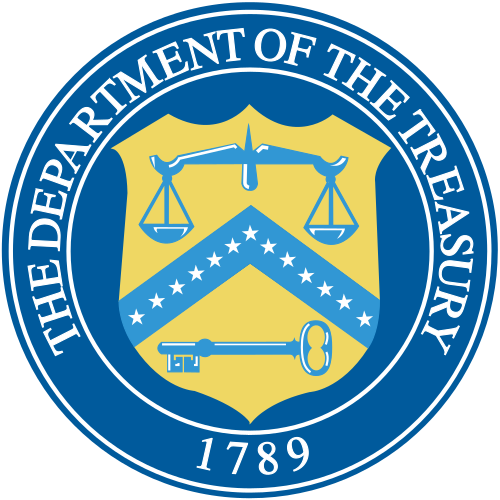Treasury’s Revised Emergency Rental Assistance Guidance Addresses Nearly All NCSHA Recommendations

On February 22, the Treasury Department released a revised Frequently Asked Questions (FAQs) document providing guidance to grantees administering the Emergency Rental Assistance (ERA) program established late last year by the Consolidated Appropriations Act of 2021. NCSHA and other housing groups had raised concerns about aspects of a prior Treasury FAQs document released before the current administration took office. In a January 25 letter to Treasury, HUD, and the White House, NCSHA urged Treasury to make modifications to some of the positions taken in the original FAQs and to issue additional guidance in areas not covered by those FAQs. The revised FAQs document is consistent with nearly every recommendation NCSHA made. Specifically, the revised FAQs:
- Allow applicants to self-attest to their eligibility for the program. For income eligibility purposes, grantees must generally require documentation to support the determination of income, but under limited circumstances grantees may rely on a written attestation from the applicant without further documentation if income is not verifiable. Grantees must document their policies and procedures for determining a household’s eligibility and must have controls in place to ensure compliance with those policies and prevent fraud. Grantees must specify in their policies and procedures the circumstances under which they will accept written attestation in lieu of further documentation, and must have in place reasonable validation or fraud prevention procedures to prevent abuse.
- Provide guidance on what activities qualify as “other expenses related to housing” and “housing stability services.” As NCSHA advocated, Treasury will allow internet service to be covered as an expense related to housing. Grantees must adopt policies that outline the circumstances under which they would cover internet expenses. In addition to internet cost, other expenses related to housing include relocation expenses, rental fees, and reasonable accrued late fees. Housing stability services include costs such as housing counseling, fair housing counseling, case management related to housing stability, housing-related services for survivors of domestic abuse or human trafficking, attorney’s fees related to eviction proceeding, and specialized services for individuals with disabilities and seniors that support their ability to access or maintain housing.
- Specify that payments to public utilities are permitted.
- Clarify that ERA funds can cover the tenant-owed portion of rent or utilities for households that receive a monthly federal subsidy, such as a Housing Choice Voucher or Project-Based Rental Assistance or who live in public housing.
- Shorten the time period in which the grantee must wait before providing assistance directly to a tenant if a landlord or utility provider is unresponsive to contact when the grantee seeks to make a payment to the landlord or utility provider. The prior FAQs required grantees to attempt contact over a 21-day period. Under the revised FAQs, grantees may make payments to an applicant if the landlord or utility provider does not respond to a written request sent through the mail within 14 days or does not respond to three attempts at contact via phone, text, or email within 10 days.
- Provide grantees with flexibility in establishing priorities for setting preferences required by the statute for serving households with incomes less than 50 percent of area median income and households with a member who has been unemployed for at least 90 days.
- Allow grantees to serve households that do not have a formal lease as long as the applicant can provide other documentation of residence, such as a utility bill for the residential unit, an attestation by the applicant’s landlord who can be verified as the owner or manager of the unit, or other reasonable documentation. Applicants without a formal lease must also provide documentation of their rental payment amount, such as bank statements, check stubs, or other documentation that reasonably establishes a pattern of paying rent. Further, grantees may provide assistance to applicants who can provide evidence of residence but not evidence of payment amount, up to a monthly maximum of 100 percent of the greater of the Fair Market Rent or Small Area Fair Market Rent.
State housing finance agencies are administering the ERA program in more than half the states. While some opened their programs to applicants earlier this month, others were waiting for Treasury to release this guidance. As states begin to stand up their programs or provide preliminary program information, NCSHA is providing that information on its Emergency Rental Assistance web page.

